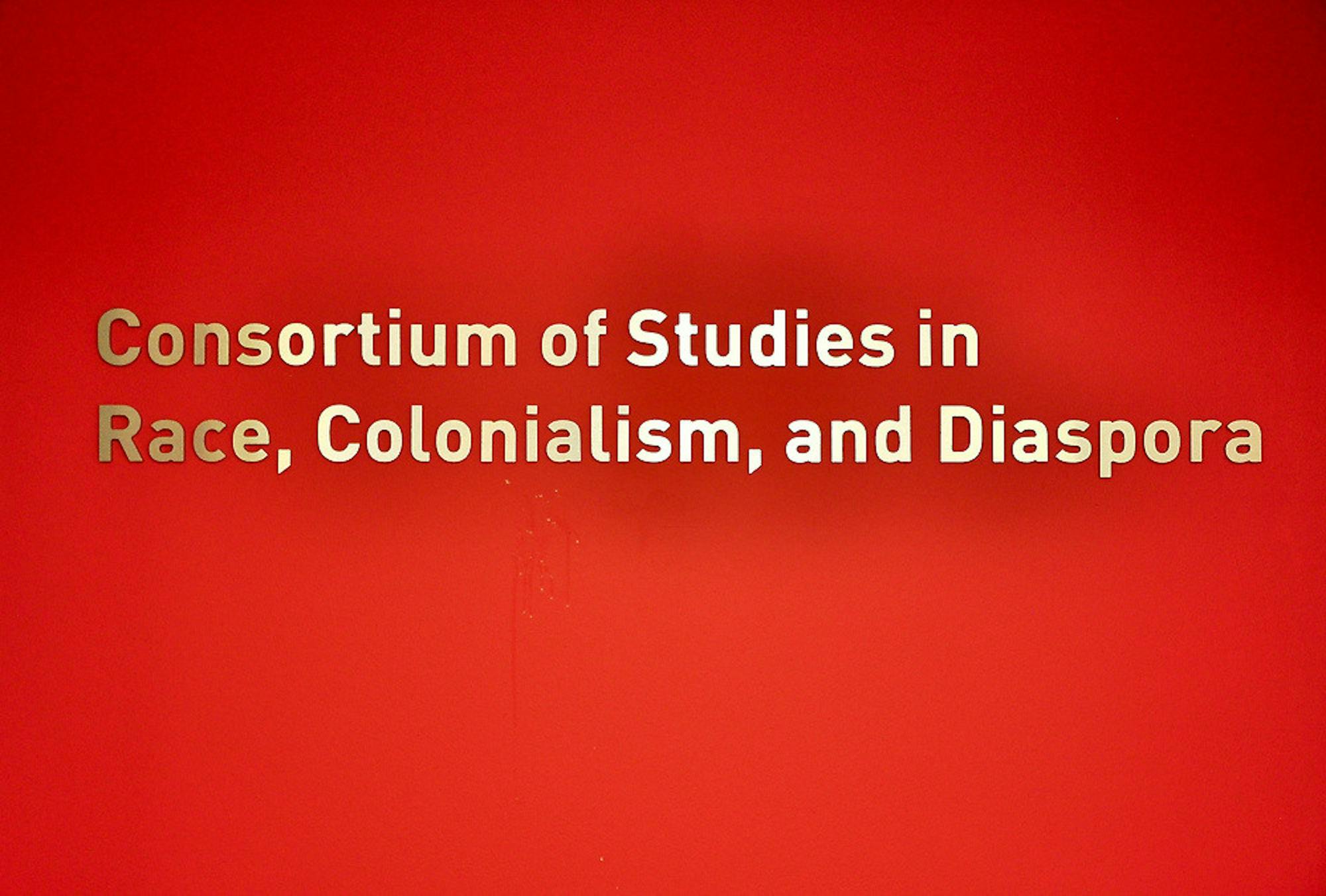Tufts faculty voted in favor of the creation of a Native American and Indigenous Studies (NAIS) minor, to be offered next fall within the Consortium of Studies in Race, Colonialism, and Diaspora (RCD), at a meeting last Wednesday, according to a press release provided to the Daily by Parker Breza, a student central to creating the minor.
The vote comes after three years of planning and organization by students and faculty, Associate Professor of Anthropology and Director of Colonialism StudiesAmahl Bishara told the Daily in an email.
The press release credited a student movement for spearheading the initiative for a NAIS minor at Tufts after the name change from Columbus Day to Indigenous People's Day in fall 2017.
Students petitioned for the minor during the 2017–2018 academic year with a survey to measure student interest, which showed that 244 students would take a class in NAIS, and 73 would pursue a minor in NAIS if given the opportunity, according to the press release.
A separate petition supporting the initiative circulated in November 2018 was signed by 30 student groups, demonstrating continued student interest in NAIS courses, according to the press release.
This persistent push for a NAIS minor on campus confirms the passion of both faculty and students for the program, according to Darren Lone Fight, lecturer in RCD and a member of the Three Affiliated Tribes.
“The demand for a NAIS minor has paralleled and been part of a larger awareness campaign that included recognition of Indigenous Peoples Day at Tufts in 2016,” Lone Fight wrote in an email to the Daily.
“While there has been faculty support, this demand has been largely a student-led and student-run initiative. The effort and energy discussing, advocating, and planning the minor has indeed been shared across students and faculty over many years," he said.
The RCDcompiled appropriate courses already offered on campus and looked to other universities for guidance in crafting the curriculum for the new minor, according to Lone Fight.
“Beyond looking at the structure of the NAIS minor across disciplinary formations, we also looked to other national programs and peer institutions offering NAIS programming as a way to calibrate and compare our own proposed structure,” he said.
Students interested in pursuing the new minor must complete five courses: one focused on methods and theory, one with a regional focus in the Indigenous Americas, one course on global indigeneity or settler colonialism, one related course with a focus on NAIS or colonialism and one capstone project, together making up a minimum of 15 semester hour units, according to the bulletin description provided by Bishara.
Anne Hall, a senior studying biology and interdisciplinary studies of culture, spirituality and female adolescent health, said in the press release that the minor will provide a sense of community for interested students and faculty on campus.
“As a Southeast Asian Indigenous woman committed to addressing health disparities among Native communities, I would’ve greatly appreciated the opportunity to pursue a NAIS minor,” Hall said.
“More than an academic program, this minor provides an invaluable experience for students to not only learn about Indigenous epistemologies, knowledges, and world-views but also be in meaningful community with faculty and fellow students,” she added.
The new NAIS minor will also facilitate and encourage dialogue between the Tufts community and Indigenous communities in an attempt to forge lasting relationships, according to Lone Fight.
“I am particularly happy with the emphasis on working with regional Indigenous communities and organizations as a formal part of the minor programming,” he said. “I think this will begin to establish and sustain meaningful [relationships] between Tufts and the Indigenous communities in the area.”
The new minor will provide an interdisciplinary lens through which to view American history, focusing on often overlooked populations, Lone Fight wrote.
“Native American and Indigenous Studies programs are a crucial foundational approach for the critical study of the Americas and American history and culture,” Lone Fight said.
Lone Fight explained that the new minor provides institutional support for students who are interested in Indigenous studies.
“In addition, providing an institutional anchor for studies of tribal sovereignty, cultural resistance, and Indigenous community allows for a NAIS minor to provide reinforcement for those tracks of study within the RCD and beyond already seeking to diversify their program content,” Lone Fight said.
According to Bishara, the perspectives on American history and culture within the minor are intended to spark activism and community engagement beyond the NAIS minor itself.
“I hope it will spur stronger scholarly and activist connections between local Native American communities and organizations and Tufts University,” she said. “Critical [Indigenous] studies is one of the most fertile intellectual spaces today for envisioning and historicizing other ways of doing politics — and that is a truly urgent project today.”
Bishara hopes that the new minor will attract a range of students interested in Native American history, politics and culture who want to take a critical look at settler-colonial countries.
Kris Manjapra, an associate professor of history and inaugural chair of the future Department of RCD, says the new minor has been long awaited at Tufts.
“Native American and Indigenous Studies is a well-established scholarly field at universities, especially in settler-colonial countries such as the USA, Canada, Australia, and others,” he said in an email.
Manjapra emphasized that the creation of the NAIS minor is long overdue.
“We are so pleased that collaboration between faculty members and large groups of students demanding curricular transformation has finally addressed this need at our university,” Manjapra added.
Tufts to offer Native American and Indigenous Studies minor in fall 2019

The main office for the Consortium of Studies in Race, Colonialism, and Diaspora in the Eaton Hall basement is pictured on Oct. 29, 2018.





